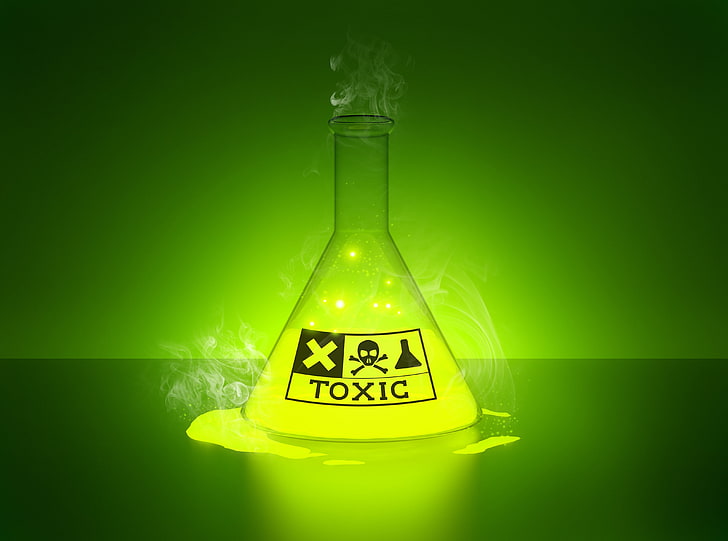Toxic masculinity, a term that has garnered increasing attention in contemporary discourse, refers to the cultural norms and expectations associated with masculinity that are detrimental not only to women but to men themselves and society at large. By examining this phenomenon through the lens of Bahá’í teachings, one can derive profound insights and recommendations for fostering healthier masculinities. This exploration will elucidate the complexities surrounding the notion of what it means to be a man today, guided by principles inherent in the Bahá’í Faith.
The intersection of masculinity and Bahá’í teachings invites a thoughtful analysis of manhood that transcends superficial societal norms. Bahá’í writings advocate for the embodiment of virtues such as compassion, justice, and love. Thus, the first step in mitigating the impact of toxic masculinity involves recognizing and rejecting the ingrained societal constructs that equate manliness with aggression, emotional stoicism, and dominance.
At the core of Bahá’í philosophy is the belief in the fundamental equality of men and women. This principle serves as a radical departure from traditional notions of gender roles, which often perpetuate toxic behavior among men. The Bahá’í teachings encourage men to embrace vulnerability and express their emotions, recognizing that these attributes are not weaknesses but strengths that foster deeper connections and understanding. Therefore, men today must grapple with the question: How can one authentically balance strength with sensitivity?
Another aspect to consider is the role of education in dismantling toxic masculinity. The Bahá’í Faith places a strong emphasis on the importance of education for both genders. By educating boys and young men about the dangers of toxic behavior and the value of emotional intelligence, society can cultivate a generation that rejects harmful stereotypes. The process of re-education occurs at multiple levels: familial, communal, and institutional. Each layer offers opportunities to redefine masculinity for future generations, ensuring that boys grow into men who embody integrity and compassion.
Furthermore, engaging in open dialogues about masculinity is imperative. The Bahá’í teachings encourage consultation and discussion, fostering environments where men can share their feelings and experiences without fear of judgment. Such interactions dismantle the isolation often felt by men who adhere to toxic norms. When men congregate to discuss their struggles and aspirations, they can collectively reshape the definition of masculinity to encompass a wider array of human experiences and emotions.
Moreover, the influence of media cannot be understated. Contemporary portrayals of masculinity in films, music, and social media platforms often glorify hypermasculine traits such as violence and emotional detachment. The Bahá’í perspective calls for a responsible consumption of media. Men ought to critically evaluate the messages conveyed and advocate for representations that challenge toxic norms. By supporting narratives that highlight respectful, nurturing, and collaborative masculine identities, men can actively participate in the democratization of gender roles.
In addition, the importance of mentorship and role models in shaping behavior cannot be overlooked. Men have the opportunity to model positive masculinity for younger generations. Bahá’í teachings emphasize the value of developing one’s character and virtues. Men must aspire to be mentors and exemplars of transformative masculinity, exhibiting behaviors that celebrate diversity, inclusivity, and emotional depth. When men see role models who embody these qualities, they are more likely to adopt similar attitudes.
Moreover, it is essential to explore the relationship between toxic masculinity and mental health. Many men suffer in silence due to societal pressures that discourage them from seeking help. The Bahá’í writings emphasize the connection between spiritual, mental, and physical well-being. Thus, it is crucial for men to recognize the importance of mental health—as fundamental as physical health. Engaging in psychological wellness practices and seeking professional support can be acts of strength, not weakness, thereby challenging the stigma attached to vulnerability.
Additionally, integrating concepts of service into the understanding of masculinity can rejuvenate what it means to be a man. Service to others, a virtuous act extolled in the Bahá’í Faith, allows men to redirect their energies towards altruistic pursuits rather than self-centered or destructive behaviors. Men who serve their communities—through volunteer work, advocacy, or simply being present for a friend—exhibit characteristics that counter the toxic masculinity narrative, promoting a model of manhood rooted in care, empathy, and shared humanity.
As we navigate the complexities of toxic masculinity today, it is essential to recognize the collective responsibility in reshaping our societal perceptions. The transformative principles embedded in Bahá’í teachings present a pathway towards fostering a more inclusive and supportive environment for all men. By embracing emotional awareness, advocating for gender equality, engaging in meaningful dialogues, and promoting positive role models, society can cultivate a redefined sense of masculine identity.
To conclude, the journey towards understanding masculinity in alignment with Bahá’í teachings is not merely an individual endeavor but a communal one. It calls for introspection, dialogue, and concerted action. As we collectively reject the tenets of toxic masculinity, we pave the way for future generations to inherit a world in which men can thrive as whole, compassionate, and responsible members of society. In doing so, we honor the principle that true manhood lies not in dominance or detachment, but in our shared humanity.
